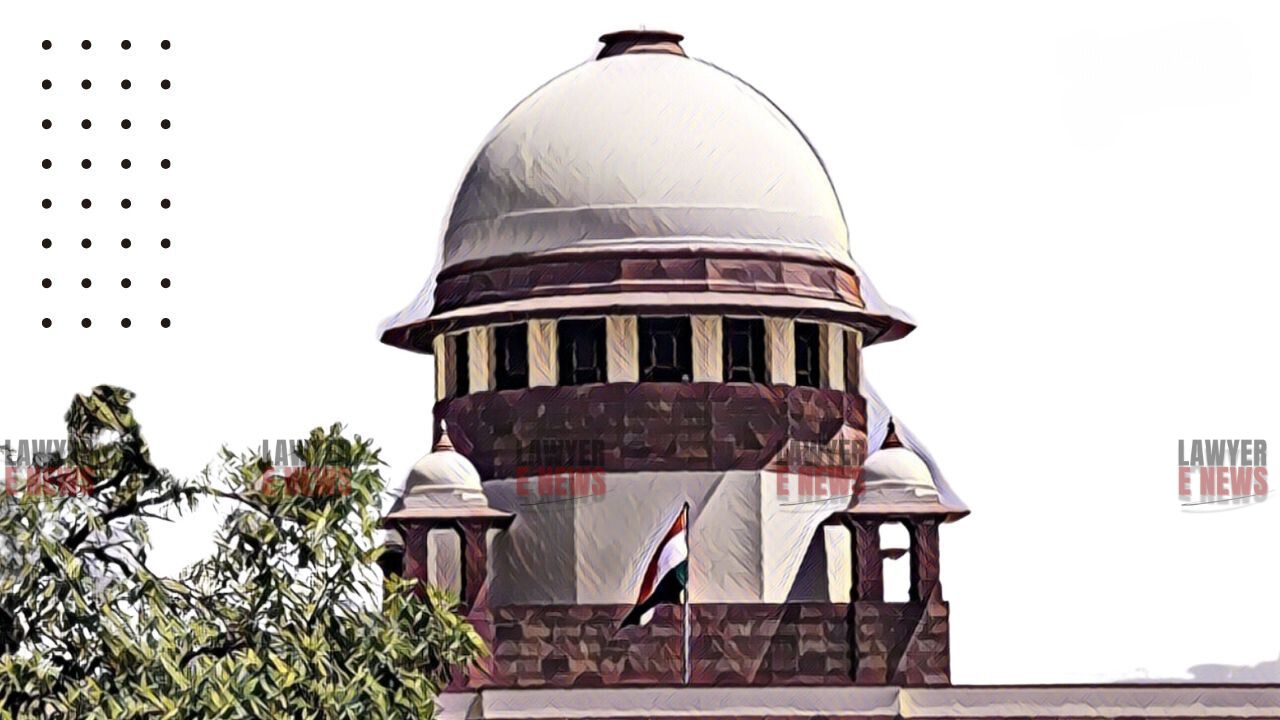-
by Admin
15 February 2026 5:35 AM



The Supreme Court has set aside a High Court decision granting retrospective promotion to Dharamdeo Das, a retired employee of the Bihar State Electricity Board (BSEB). In a detailed judgment, the Court emphasized the distinction between the right to be considered for promotion and an automatic right to promotion upon completion of the eligibility period. The judgment, delivered by Justices Hima Kohli and Ahsanuddin Amanullah, highlights that seniority and promotion cannot be granted retrospectively unless explicitly provided by the service rules.
Dharamdeo Das, who was promoted to the position of Joint Secretary on March 5, 2003, argued that his promotion should be effective from July 29, 1997, the date he completed the eligibility period for promotion (Kal Awadhi). Initially, his plea was rejected by the Single Judge of the Patna High Court, but the Division Bench later ruled in his favor, prompting the BSEB to appeal to the Supreme Court.
The Supreme Court underscored that the completion of the Kal Awadhi (eligibility period) does not entitle an employee to automatic promotion. "No employee can lay a claim for being promoted to the next higher post merely on completing the minimum qualifying service. Such an interpretation would be fallacious," the judgment stated.
The Court noted that the BSEB had reduced the number of sanctioned posts of Joint Secretary from six to three due to administrative reasons following the bifurcation of Bihar and Jharkhand. The Court found no error in the BSEB's decision not to promote Das retrospectively from 1997, emphasizing that promotions must align with actual vacancies and not just eligibility.
The judgment reiterated that while the right to be considered for promotion is a fundamental right under Articles 14 and 16 of the Constitution, it does not translate into an automatic right to promotion. The Court cited precedents to bolster this position, stating, "Retrospective seniority cannot be granted to an employee from a date when he was not even borne in the cadre."
Justice Hima Kohli remarked, "The right for being considered for promotion is a fundamental right, but it cannot be treated as a vested right to be promoted automatically upon completion of the eligibility period. The administrative decisions and exigencies must also be taken into account."
By setting aside the High Court's decision, the Supreme Court reaffirmed the legal principles governing promotions and seniority, particularly the non-retrospective nature of such advancements unless explicitly stated in the service rules. This ruling clarifies the boundaries of employees' rights concerning promotions and the administrative discretion of public sector entities.
Date of Decision: July 23, 2024
Bihar State Electricity Board & Others vs. Dharamdeo Das
